UK Prime Minister Theresa May said she is seeking a “pragmatic solution” for the Brexit withdrawal agreement. She wrote in The Sunday Telegraph that ” with changes to the Northern Ireland backstop, they would support the deal that I agreed with Brussels to take us out of the EU”. And, “when I return to Brussels I will be battling for Britain and Northern Ireland, I will be armed with a fresh mandate, new ideas and a renewed determination to agree a pragmatic solution that delivers the Brexit the British people voted for.”
May’s office also said that the government is establishing an “Alternative Arrangements Working Group” to work on alternative arrangement to the Irish border backstop arrangement. Brexit Minister Stephen Barclay will lead the group involving pro-Brexit lawmakers Steve Baker, Marcus Fysh and Owen Paterson, as well as pro-EU Conservatives Damian Green and Nicky Morgan. The first meeting will start today.
Trade Minister Liam Fox said EU would be irresponsible if they insist on refusing to reopen negotiation. He told Sky News that “are they really saying that they would rather not negotiate and end up in a ‘no-deal’ position?” And, “it is in all our interests to get to that agreement and for the EU to say we are not going to even discuss it seems to me to be quite irresponsible.”




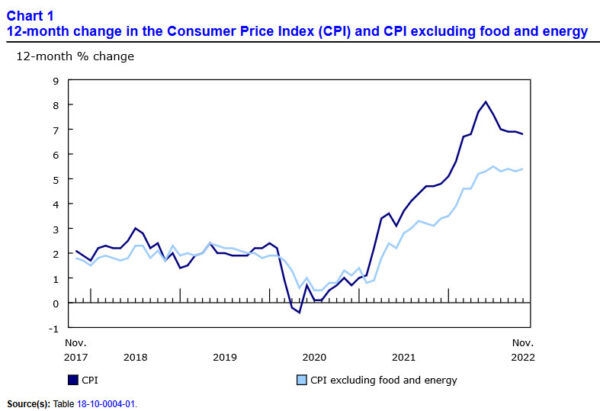
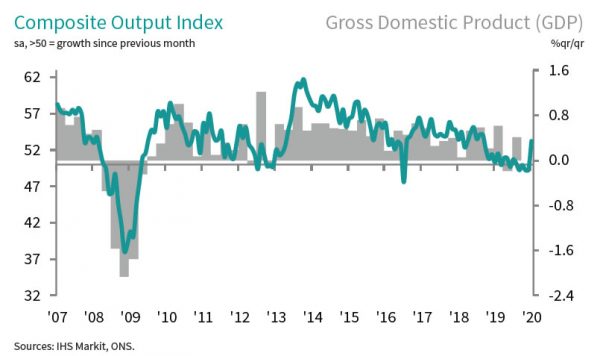
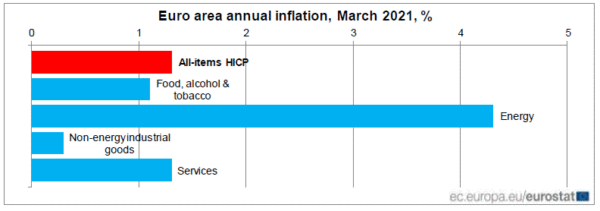
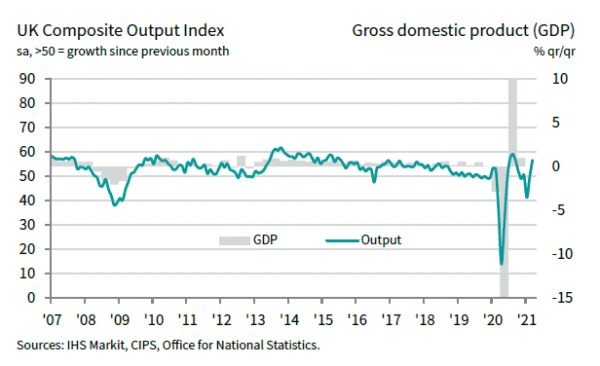
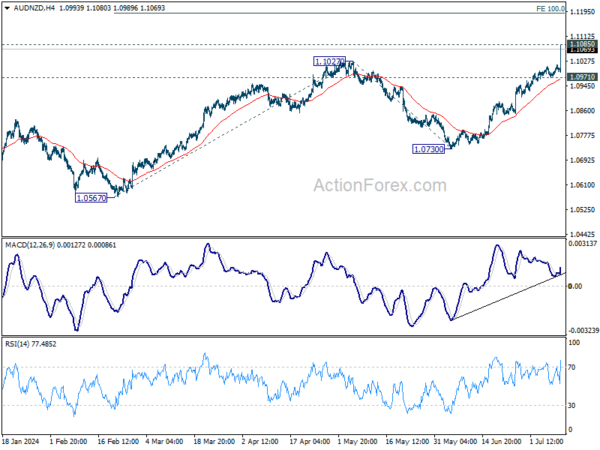
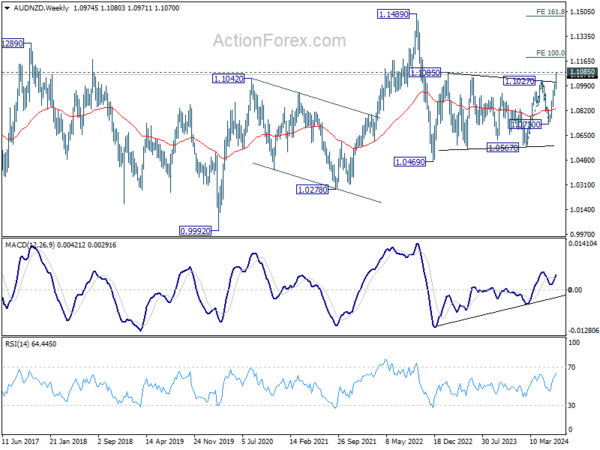
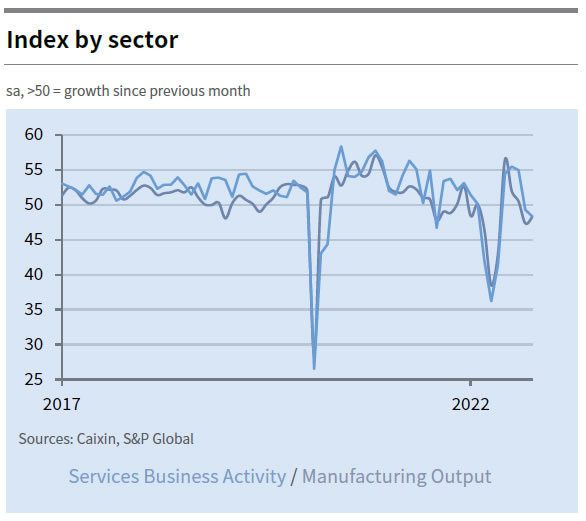
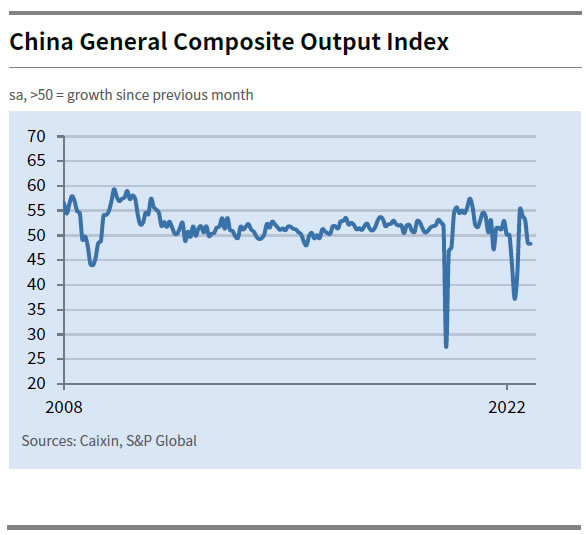
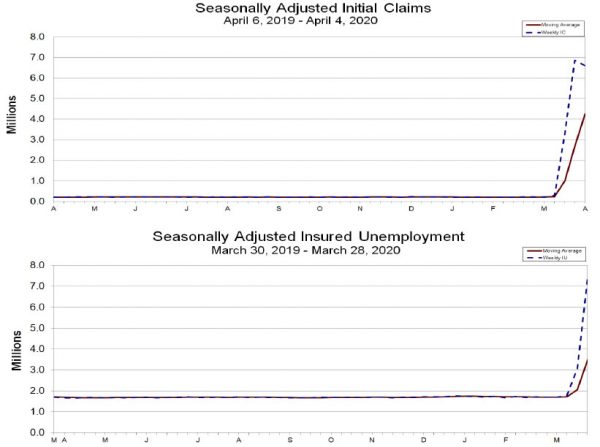
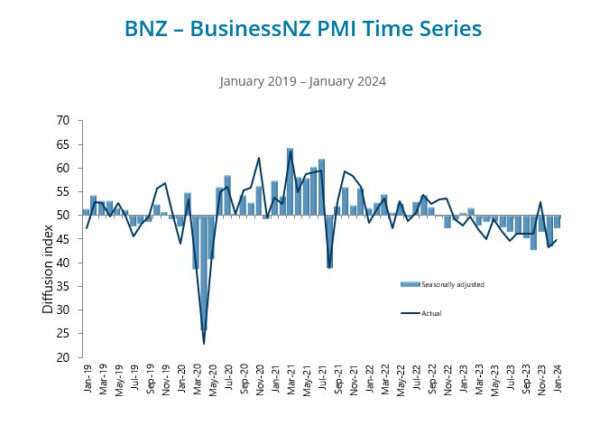

US ADP jobs grew 2369k in Jun, May revised up to 3065k increase
US ADP employment report showed 2369k growth in private sector jobs in June, below expectation of 3000k. Nevertheless, May’s figure was revised sharply higher from -2760k loss to 3065k growth. By company size, small businesses added 937k jobs, medium businesses added 559k, large businesses added 873k. Goods-producing sector added 457k jobs while service-providing sector grew 1912k.
“Small business hiring picked up in the month of June,” said Ahu Yildirmaz, vice president and co-head of the ADP Research Institute. “As the economy slowly continues to recover, we are seeing a significant rebound in industries that once experienced the greatest job losses. In fact, 70 percent of the jobs added this month were in the leisure and hospitality, trade and construction industries.”
Full release here.